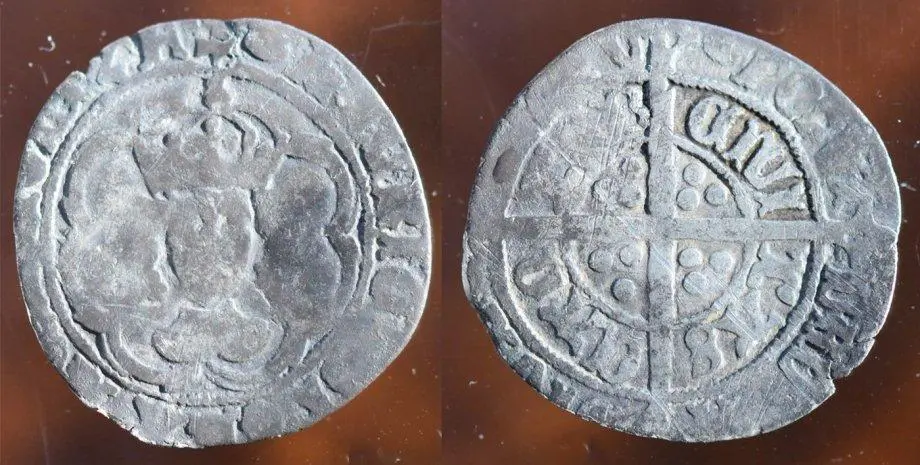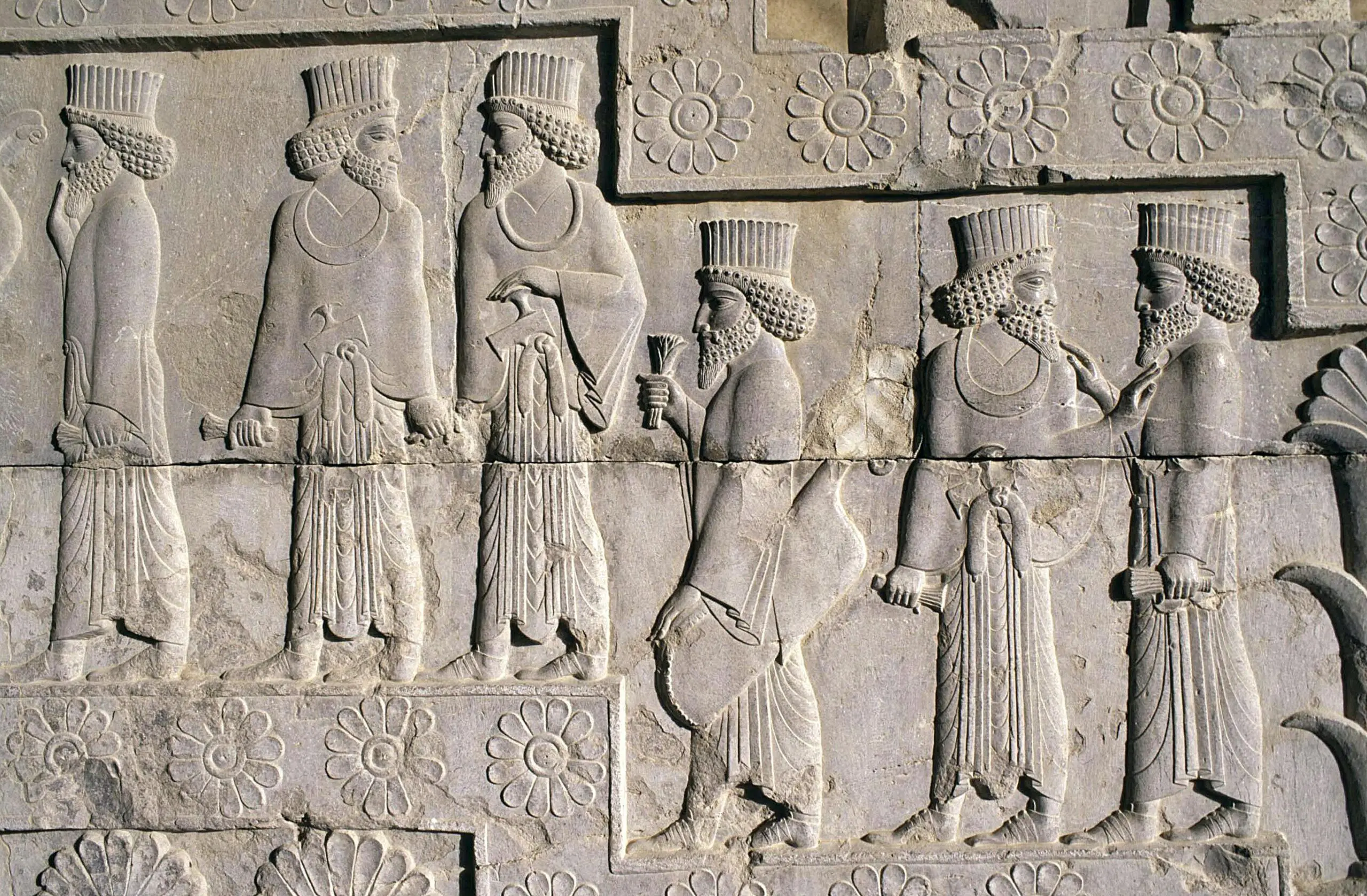Researchers have suggested several versions of how this coin could end up in Canada.
In the course of their recent excavations, archaeologists have uncovered in Newfoundland the oldest English coin ever found not only in Canada, but possibly in all of North America, writes Smithsonian Magazine.
Working on the site of a former English colony, the team unearthed a rare 2penny – half a groat coin that was minted over 520 years ago, between 1493 and 1499. The coin dates from the reign of the first king of England from the Tudor dynasty, Henry VII, who ruled from 1485 to 1509. It was discovered in historic Capids Cove, where the English merchant John Guy founded a colony in 1610.
“Some artifacts are important in that they tell us about the excavation site, others because they spark the imagination. The coin we discovered is definitely one of the latter. It is impossible not to wonder how this half-groat went, and how many hands it went through with the moment it was minted and before it was lost in the bay sometime in the early 17th century, “said chief archaeologist William Gilbert, who discovered the site in 1995 and continues to excavate here.
Gilbert showed the recently found coin to the former curator of the Bank of Canada Museum, who helped to authenticate the find. As it turns out, the silver coin was minted in Canterbury, an ancient city in the southeast of England, around the middle of the reign of Henry VII.
Earlier, the oldest English coin found in the country was a silver groat (4p coins) minted during the reign of Henry’s granddaughter, Elizabeth I, in 1560 or 1561, and discovered in Capids Cove in 2001.
Other strange English coins found on the continent include a 1558 groat buried on Richmond Island in Maine, USA around 1628, and a 1560 silver coin found in Jamestown, Virginia.
Who exactly left the coin in Capids Cove is still a mystery. Gilbert claims that one of the harbor settlers dropped half a groat when the fort was being built. The coin was found a few meters from the pillar, which was part of the foundation of the fortification.
“I believe the coin was most likely dropped by John Guy or one of the early colonists during construction in the fall of 1610,” Gilbert added.
Considering that half a groote is about 60 years older than a silver groote found in the bay in 2001, it is also possible that it was lost before the arrival of the colonists, possibly one of the first explorers of Canada.
“Interestingly, the found coin was minted around the time that John Cabot arrived in England in 1495,” Gilbert emphasized.
Analysis of the coin is ongoing, but researchers hope to display it in Capids Cove for the 2022 tourist season.






